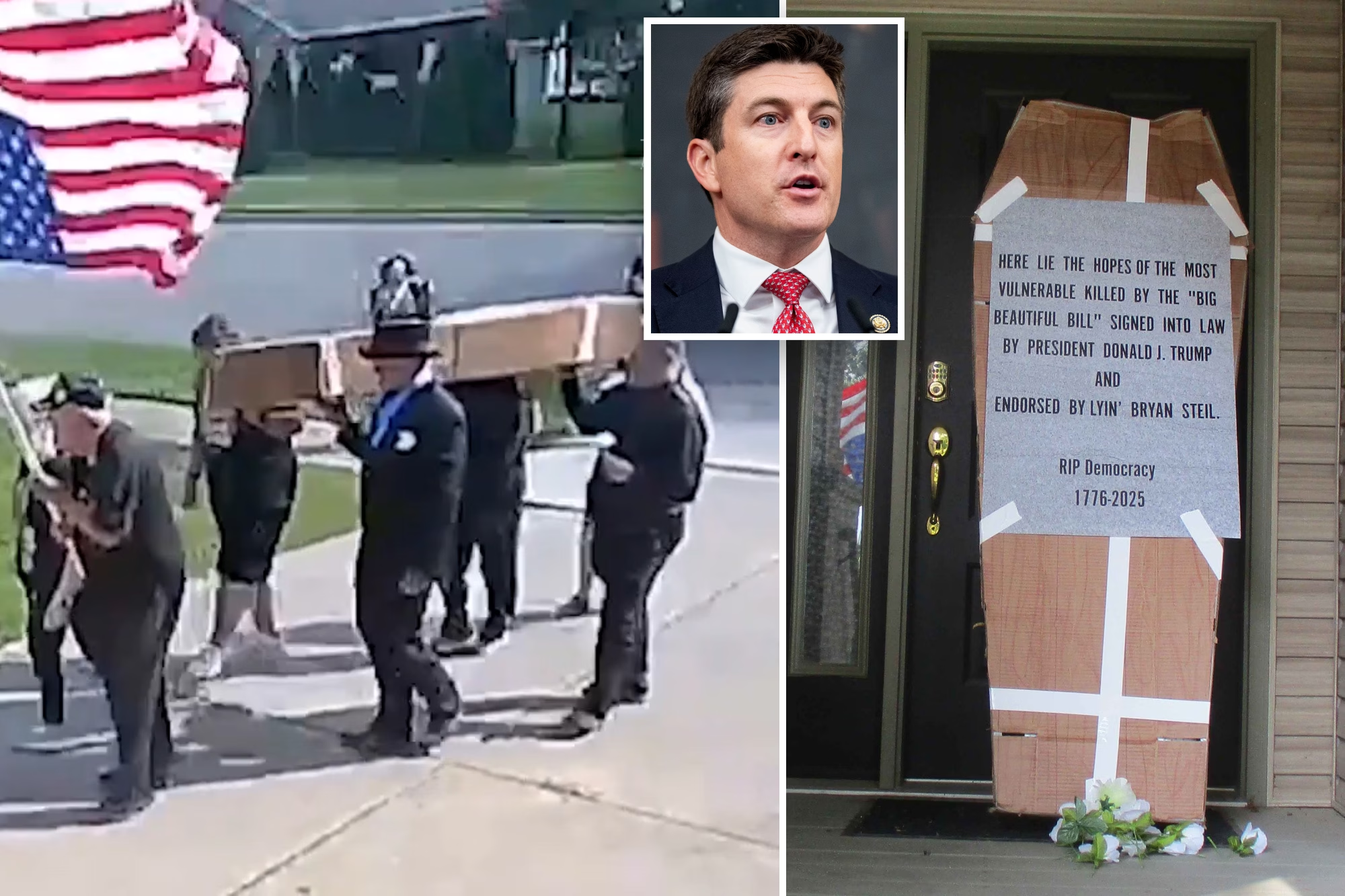A V.I. Superior Court judge’s ruling Tuesday threw recent and future parole decisions into question after the V.I. Justice Department secured a temporary restraining order against the territory’s Parole Board on the basis that it hasn’t had a quorum for two and a half years.
The ruling came as the board was set to consider parole applications by multiple people convicted of serious offenses, including three incarcerated participants of the so-called Fountain Valley Massacre of 1972: Warren Ballentine, 76; Beaumont Gereau, 68; and Meral Smith, 74. Each was sentenced to eight consecutive life sentences more than 50 years ago.
A Parole Board hearing was initially scheduled for Monday to consider their applications and that of 74-year-old Tydel John, who was convicted of aggravated rape in 2015 and sentenced to multiple 15-year terms concurrent with a 50-year term. All four applied for parole under a somewhat recently enacted law codifying eligibility for parole on medical, geriatric, and nonmedical geriatric grounds, which Gov. Albert Bryan Jr. signed into law as Act 8791 last January.
On Friday, Bryan, through the Justice Department, filed an emergency motion to halt the parole proceedings, arguing that retroactively applying Act 8791 “unconstitutionally violates the separation of powers, and is therefore invalid under the Revised Organic Act.” Furthermore, Assistant Attorney General Christopher Timmons argued that the board is supposed to comprise seven voting members and have at least four members to achieve a quorum.
Timmons called Curlita LeBlanc, an executive assistant at the V.I. Corrections Bureau, to the stand Tuesday to provide testimony regarding the board’s composition. LeBlanc acknowledged that the hearing originally scheduled for Monday was postponed and told the court that the board has had only three voting members since member Cherrisse Woods resigned her position effective Dec. 5, 2022. V.I. Attorney General Gordon Rhea also sits on the board as a nonvoting member.
According to a section of the V.I. Code Timmons cited in Friday’s emergency motion, if a board vacancy “is not filled within the sixty (60) day period and the result is that the number of current members is insufficient to constitute a quorum of that board, commission or governing board, all official actions of said board, commission or governing board shall be null and void, and of no force and effect … until such time as a quorum of members is established by the filling of the vacancy or vacancies as provided by law.”
Timmons’s argument about the lack of a quorum swayed Superior Court Judge Alphonso Andrews Jr., who granted the Justice Department a 10-day restraining order against the Parole Board. The matter of Act 8791’s constitutionality, Timmons told the Source afterward, will be settled during the normal course of proceedings.
Asked whether Andrews’s ruling invalidated every parole granted or revoked since 60 days after Woods’s resignation in late 2022, Timmons said it was a “serious issue that we’re going to have to look at.”
The Source also asked why the quorum issue wasn’t addressed for more than two years. Timmons said it’s possible there hadn’t been any recent parole case that warranted Government House attention and acknowledged that the high-profile nature of the applicants, three of whom were convicted after participating in one of the territory’s most infamous episodes, may have contributed to the governor’s intervention.
Sen. Franklin Johnson, who sponsored the legislation establishing parole on medical and geriatric bases, said the applicants’ notoriety almost certainly played a role. Johnson told the Source that the governor’s challenge to Act 8791 could end up punishing incarcerated people who would otherwise be eligible for parole.
“What I really believe happened — it’s the folks that then applied for it, who happened to be the Fountain Valley Five,” he said. “Because when I did that bill, the governor said to me, he said, ‘Senator, this is a very good bill,’ and he signed it into law. The governor never challenged it.”
Johnson added that Bryan hasn’t nominated anyone to the Parole Board since Woods’s appointment in 2021.
“If the government thinks that they are winners, they are actually losers,” he said. “Because as of today, there won’t be a Parole Board … until the governor can appoint someone.”
St. Croix Source
Local news



